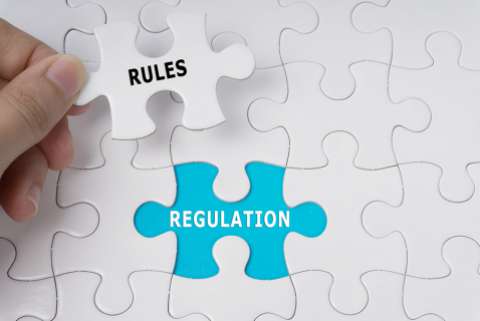On May 18, 2015 the U.S. Supreme court announced that they will be hearing an appeal on the case of Campbell-Ewald Company v. Gomez. At issues in this case, is whether a defendant business can terminate a TCPA class action lawsuit by offering the lead plaintiff everything that he could individually recover under the law if he were to win at trial.
The plaintiff in this case allegedly received multiple text messages in violation of the TCPA, and is seeking to represent a class of as many as 100,000 people who received similar messages. In an effort to avoid the case being certified as a class action, the defendant offered the plaintiff $1,503 for each alleged violation (more than he could recover if he got everything he asked for at trial). However, the plaintiff refused to settle, and the lower courts allowed the case to proceed as a class action anyway.
The Supreme Court will now decide whether it should give the business community a powerful tool to cut down on the surging number of TCPA class action lawsuits they now face. While a business could theoretically face greater liability per violation through this approach, being able to avoid class action status would certainly take the wind out of the plaintiffs bar’s sails. Law firms are much less likely to take a TCPA case that deals with only one or even a handful of violations, as compared to a case with hundreds of thousands of potential violations.





